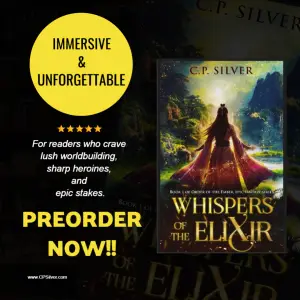A Personal Journey through Alisa Childers’ Another Gospel?
As I dove into Alisa Childers’ Another Gospel?, I approached the book with a mix of curiosity and defensiveness. Growing up in a conservative evangelical space, I found a certain kinship with Childers’ narrative—her journey echoing my own in many profound ways. However, unlike her, I now firmly identify with the progressive Christian movement. Yet, it was her passionate exploration of faith that drew me in, and I found myself eager to engage with her reflections on the tumultuous landscape of belief.
Childers begins with her own story, detailing a childhood steeped in the assurances of conservative doctrine. What struck me was her honest grappling with faith when confronted by alternative perspectives. In many ways, this mirrors my own experiences as I’ve navigated the complexities of belief beyond the white, conservative bubble I grew up in. As she reflects on her interactions with an agnostic pastor and his departure from orthodoxy, I felt the familiar tug of doubt and search for truth she articulates so well.
One of the book’s pivotal chapters, “Fixing What Isn’t Broken,” argues that progressive Christianity diminishes the moral imperatives of historic Christianity, particularly regarding same-sex relationships. Childers’ approach here felt somewhat lacking; while she raises an important conversation, I couldn’t help but think that her treatment of biblical texts was a simplistic dismissal. There’s a rich tapestry of interpretations that challenge the monolithic view she presents, and I found myself wishing for her to delve deeper rather than rely on assumptions devoid of nuance.
Similarly, her critique of the metaphor of penal substitution in “Cosmic Child Abuse” ignited my thoughts. While I recognize the traditional views she defends, I believe that a broader understanding of atonement should be explored rather than stigmatizing alternative interpretations as heretical. Each perspective holds validity, even if they diverge from dogmatic positions.
Childers writes with a conversational tone that makes her reflections accessible, yet I found her framing of progressive Christianity tied too tightly to moral failings rather than exploring the richness within. Her book serves well as an introduction to apologetics, providing clarity on key elements of Christian orthodoxy, but it sidesteps the deeper theological engagement that would honor a shared commitment to faith amidst divergent practices.
I would love to see a dialogue rather than a debate, especially when discussing the meaningful intersections between justice and faith. There’s a portion of progressive Christianity that isn’t questioning orthodoxy to dismantle it; rather, it seeks to understand and engage with its essence in a way that uplifts love and social justice without sacrificing theological fidelity.
In conclusion, Another Gospel? is an earnest attempt to address the rise of progressive Christianity, and while it may resonate most with readers firmly aligned with conservative beliefs, I think many who find themselves in the liminal spaces of faith will appreciate Childers’ sincerity. It’s a book for those keen on deeper apologetic conversations and who, like me, may grapple with the enduring questions of faith in today’s world. As I closed the book, I reflected on my journey—one that embraces complexity and the beauty of dialogue, reminding me that faith is as much about questioning as it is about believing.
Discover more about Another Gospel?: A Lifelong Christian Seeks Truth in Re… on GoodReads >>






